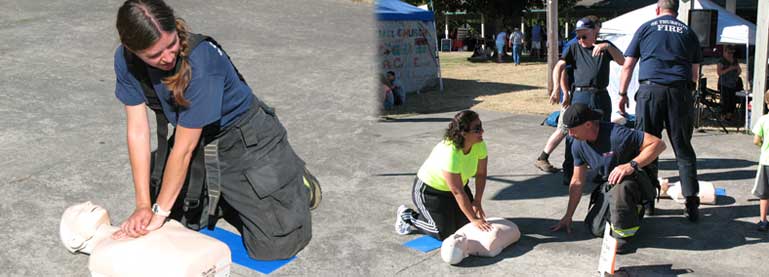As summer rolls in and temperatures rise, water activities become a favorite pastime for many. Whether lounging by the pool, heading to the beach, or taking a dip in a lake, ensuring water safety is crucial to preventing accidents and enjoying the season to the fullest. Here’s a comprehensive guide to staying safe around water this summer.
- Know Your Swimming Abilities
Before diving in:
- Assess your swimming skills honestly.
- If you’re not a strong swimmer, stick to shallow areas and stay within your depth.
- Consider taking swimming lessons to improve your abilities.
For non-swimmers or those still learning, life jackets are a must for any water activity, including boating and kayaking.
2. Supervise and Be Supervised
Never swim alone. Having a buddy or being in a supervised area is essential, especially for children. Designate a responsible adult to monitor swimmers and avoid distractions like phones or reading materials. Children should always be within arm’s reach of an adult in the water, regardless of their swimming ability.
3. Understand Water Conditions
Different bodies of water come with their own set of risks. Always check weather conditions before heading out. Be aware of rip currents and adhere to any warnings or advisories for beaches. If you’re swimming in lakes or rivers, be cautious of currents, underwater obstacles, and sudden changes in depth.
4. Use Proper Safety Gear
Life jackets, floatation devices, and water safety equipment are vital for preventing accidents. Ensure that life jackets are U.S. Coast Guard-approved and fit correctly. When appropriate, wear a helmet and other protective gear for activities like paddleboarding or kayaking. Wearing a life jacket in unfamiliar or challenging conditions is a wise choice, even for strong swimmers.
5. Practice Pool Safety
For those using private or public pools, follow these essential safety tips:
- Supervision: Never leave children unattended near or in a pool.
- Barriers: Ensure pools are surrounded by secure fencing with self-latching gates.
- Rules: Follow all posted pool rules and regulations.
- Rescue Equipment: Familiarize yourself with the location of life rings, reaching poles, and first aid kits.
6. Be Prepared for Emergencies
Knowing basic first aid and CPR can significantly impact an emergency. Enroll in courses offered by organizations like the Red Cross to learn these vital skills. Familiarize yourself with the nearest emergency services and keep a first aid kit accessible near water.
7. Avoid Alcohol and Drugs
Alcohol and drugs impair judgment, coordination, and reaction times, increasing the risk of accidents in or near water. To maintain full awareness and control, avoid consuming these substances before or during water activities.
8. Stay Hydrated and Use Sunscreen
Spending time in the sun can lead to dehydration and sunburn. Drink plenty of water to stay hydrated, and use a broad-spectrum sunscreen with an SPF of 30 or higher. Reapply sunscreen every two hours or more often if swimming or sweating.
9. Learn and Follow Local Guidelines
Each location may have specific safety guidelines based on local conditions. Pay attention to posted signs, and heed advice from lifeguards or local authorities. If you’re vacationing, research the area’s water safety recommendations beforehand.
10. Be Mindful of Wildlife
When swimming in natural bodies of water, be aware of local wildlife. Some areas may have dangerous creatures such as jellyfish, crocodiles, or aggressive fish. Understand the risks and take necessary precautions to avoid encounters.
Conclusion
Summer water activities can be a delightful and refreshing way to enjoy the season, but safety must always come first. By following these tips, you can minimize risks and focus on having fun. Remember, a little preparation and vigilance go a long way in ensuring a safe and enjoyable summer around the water. Dive in responsibly and make the most of the sunny days ahead!















